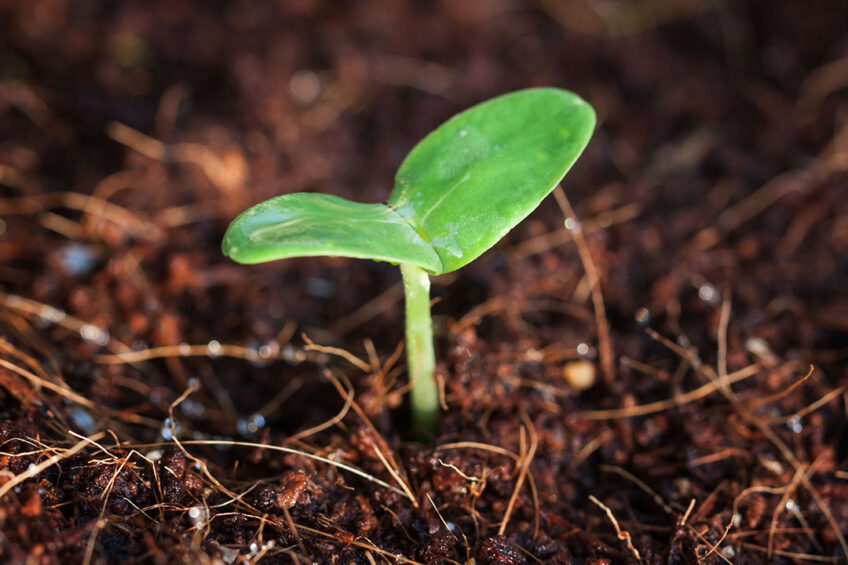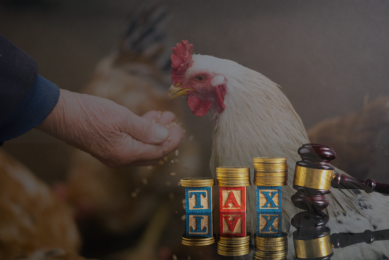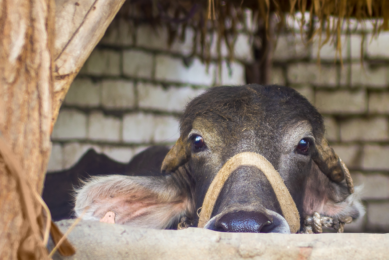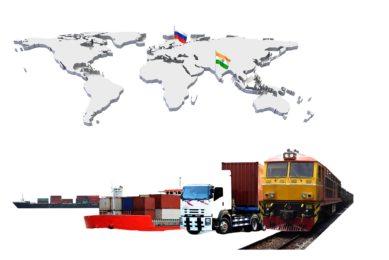Russia moves to end import dependence on seeds

The Russian Agricultural Ministry has disclosed plans to expand state aid to farmers switching to domestic seeds to speed up import-replacement in this field. The earlier plans of introducing import quotas on seeds from countries deemed unfriendly seem to be abandoned for now.
Looking to friendly nations for seeds
In the first half of 2022, Russian agricultural producers experienced certain difficulties associated with imported seeds, Dmitry Patrushev, Russian Agricultural Minister, said during a recent government meeting. “To quickly resolve these issues, we have made full use of the possibilities of our own selection and also switched to supplies from friendly countries,” Patrushev said, not providing any additional details.
Minimum 75% domestic seed use
Under the Russian food security doctrine, the country must meet its domestic demand for seeds by at least 75%. In 2021, this level stood at 63.5%, with most imported seeds being delivered from the European Union. Although agricultural trade was not subjected to sanctions introduced over the military conflict in Ukraine, supplies were disrupted to a certain degree.
Together with the scientific community and business, we are developing systematic approaches to give an impetus to the development of Russian selection.
Domestic seed cultivation a priority
Patrushev said that despite the problems, the sowing season went off without a hitch, and winter sowing is also fully provided with seeds. Still, a significant and most prompt increase in import substitution in this segment is currently seen as one of the main priorities for the Russian agricultural industry. “To do this, we expand the area for laying seed plots. Together with the scientific community and business, we are developing systematic approaches to give an impetus to the development of Russian selection,” he said.
Colossal damage from quota introduction
At the end of August, the Agricultural Ministry proposed establishing a quota for the import of seeds of potatoes, sunflowers, wheat, meslin, rye, barley, corn, soybeans, rapeseed and sugar beets from the USA, EU countries, Canada, Australia, Norway, Ukraine, Albania, Montenegro, Iceland, Liechtenstein, Great Britain and Northern Ireland. However, several Russian business unions wrote an open letter to Russian President Vladimir Putin asking him not to take this step, warning about the colossal damage it could do to agricultural business.
Foreign seed use in Russian agri
It was estimated that the share of foreign seeds in Russian agriculture exceeds 97% in sugar beet, 73% in sunflower, 49% in rapeseed, and 45% in non-GMO soybeans.
“Limiting their [imported seeds] use will lead to catastrophic consequences for the [Russian agricultural] industry, given that a significant share of the sown area falls on obsolete inefficient varieties of the Soviet selection,” the authors of the letter warned.











